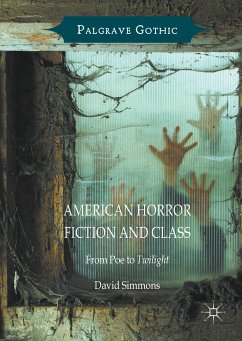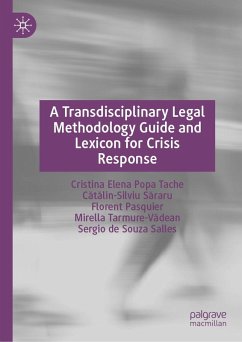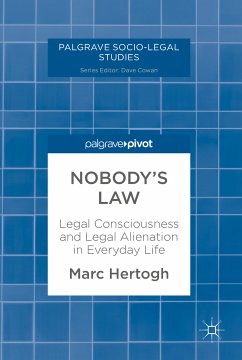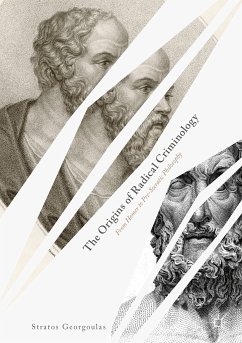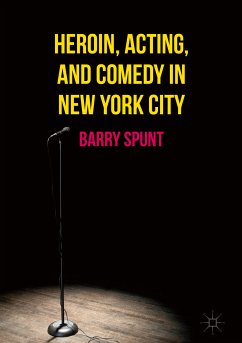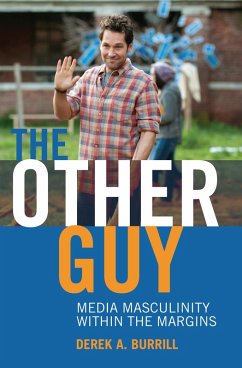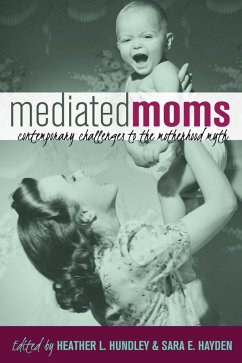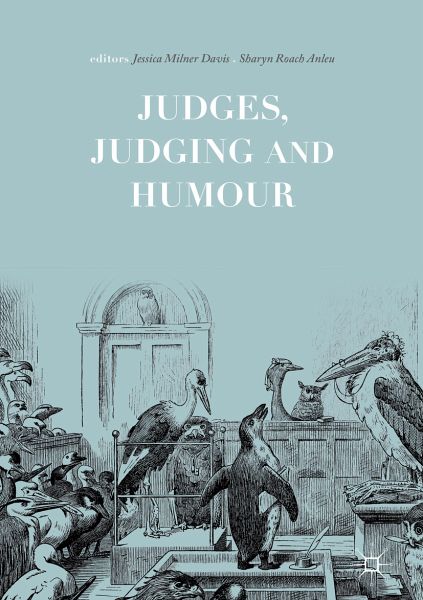
Judges, Judging and Humour (eBook, PDF)
Versandkostenfrei!
Sofort per Download lieferbar
72,95 €
inkl. MwSt.
Weitere Ausgaben:

PAYBACK Punkte
36 °P sammeln!
This book examines social aspects of humour relating to the judiciary, judicial behaviour, and judicial work across different cultures and eras, identifying how traditionally recorded wit and humorous portrayals of judges reflect social attitudes to the judiciary over time. It contributes to cultural studies and social science/socio-legal studies of both humour and the role of emotions in the judiciary and in judging. It explores the surprisingly varied intersections between humour and the judiciary in several legal systems: judges as the target of humour; legal decisions regulating humour; th...
This book examines social aspects of humour relating to the judiciary, judicial behaviour, and judicial work across different cultures and eras, identifying how traditionally recorded wit and humorous portrayals of judges reflect social attitudes to the judiciary over time. It contributes to cultural studies and social science/socio-legal studies of both humour and the role of emotions in the judiciary and in judging. It explores the surprisingly varied intersections between humour and the judiciary in several legal systems: judges as the target of humour; legal decisions regulating humour; the use of humour to manage aspects of judicial work and courtroom procedure; and judicial/legal figures and customs featuring in comic and satiric entertainment through the ages.
Delving into the multi-layered connections between the seriousness of the work of the judiciary on the one hand, and the lightness of humour on the other hand, this fascinating collection will be of particular interest to scholars of the legal system, the criminal justice system, humour studies, and cultural studies.
Dieser Download kann aus rechtlichen Gründen nur mit Rechnungsadresse in A, B, BG, CY, CZ, D, DK, EW, E, FIN, F, GR, HR, H, IRL, I, LT, L, LR, M, NL, PL, P, R, S, SLO, SK ausgeliefert werden.
Alle Preise in Euro und inkl. der gesetzl. MwSt. | Innerhalb Deutschlands liefern wir preisgebundene Bücher versandkostenfrei. Weitere Informationen: bitte hier klicken
Support
Bitte wähle dein Anliegen aus:
Rechnungen
Bestellstatus
Retourenschein
Storno





